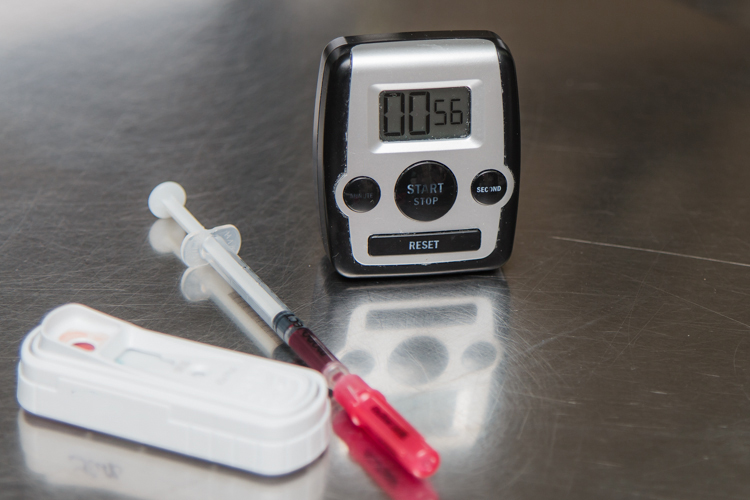
Heartworm disease develops when a dog OR cat becomes infected with parasites called dirofilaria immitis that are transmitted through the bite of an infected mosquito. Heartworms are parasites that live in the heart and major blood vessels of the lungs. Heartworm disease is especially prevalent in hot and humid parts of the country such as Cullman, Vinemont, Fairview, West Point, and Good Hope, Alabama.
In dogs, signs of heartworm disease may include a mild persistent cough, reluctance to exercise, fatigue after moderate activity, decreased appetite, and weight loss. As heartworm disease progresses, pets may develop heart failure commonly recognized by an accumulation of fluid in the abdomen giving the pet the appearance of a "swollen belly." Dogs infected with large numbers of heartworms can develop a sudden blockage of blood flow within the heart leading to a life-threatening form of cardiovascular collapse called caval syndrome. Signs of caval syndrome include a sudden onset of labored breathing, pale gums, and dark bloody or "coffee-colored" urine. Fortunately, there is a treatment for heartworm disease in dogs. If your dog has not been on a heartworm preventative or tested for heartworms, please schedule an appointment today with Lee’s Veterinary Hospital.
In cats, the presence of just one or two worms can lead to severe respiratory symptoms and even death. The symptoms in a cat can easily be confused with a respiratory infection like pneumonia or “asthma-like” symptoms with wheezing or shortness of breath. Prevention of heartworm disease in cats is especially important as there is no approved treatment for infected cats.
Preventative care is always less expensive and more effective than treatment, and this is true with heartworm disease as well. Our doctors attend numerous seminars and stay informed with trade journals to ensure we carry the best heartworm preventative medicines available in veterinary medicine. Options include pills or topical solutions, as well as injectable medicine that can last up to six months. Our veterinarians will always recommend the best method for your dog at his regular appointment. Call Lee's Veterinary Hospital to set up an appointment to prevent heartworms in your dog or cat.